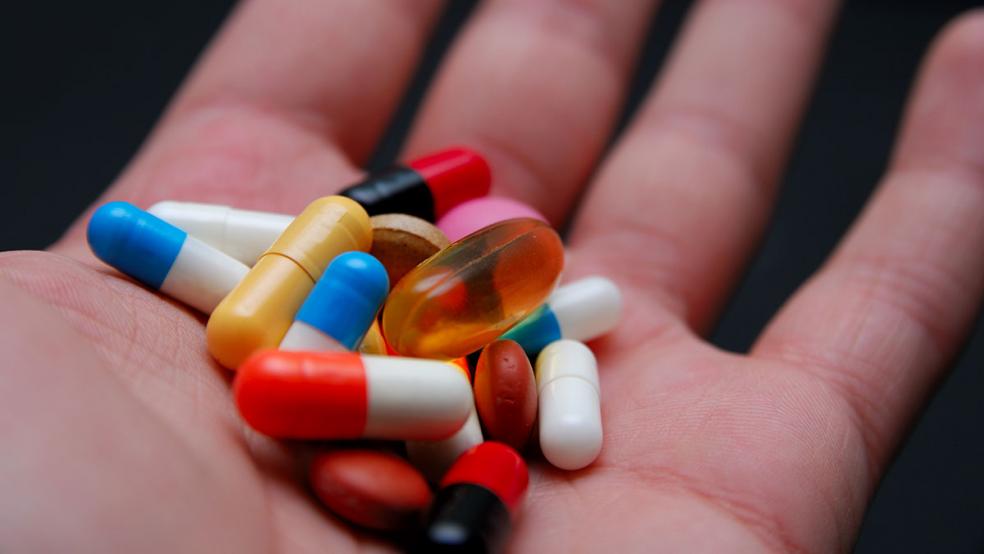If Hillary Clinton and the Democrats assume control of the White House and the Senate next year, which seems increasingly likely, the U.S. pharmaceutical industry will have plenty to worry about.
The Democratic presidential nominee, congressional Democrats, and even some GOP lawmakers are already on the warpath over blatant cases of prescription drug price gouging.
Related: How Big Pharma Lobbyists Keep Medicare Drug Prices High
They would likely move beyond flashy committee hearings and angry press statements to consider legislative or administrative actions to rein in drug prices that are crippling budgets for consumers and government agencies like Medicare and the Veterans Administration.
Critics of Big PhRMA’s pricing practices have had much material to work with over the past year and a half, ranging from Turing Pharmaceutical’s 5,556 percent increase in the price of an anti-parasitic drug called Daraprim to Mylan’s gradual six-fold price increase for Epi-Pen sets used to treat life-threating allergic reactions in kids.
Now, ARIAD Pharmaceuticals has provided yet another reason for Congress and the White House to justify federal intervention or even price controls.
The company prompted public outrage after it raised the price for the fourth time this year of Iclusig -- a drug used in the treatment of chronic myeloid leukemia -- from $115,000 for a year’s treatment to $199,000. Shares of ARIAD plummeted on Thursday after two Democratic lawmakers, Sen. Bernie Sanders of Vermont and Rep. Elijah B. Cummings of Maryland, complained in a letter to the company’s CEO about “outrageous sales tactics” and an inclination to put profits ahead of the well-being of patients.
Related: Clinton Calls for Powerful New Panel to Crack Down on Drug Price-Gouging
ARIAD officials acknowledged that oncology drugs are expensive and argued that the pricing was justified to compensate the company for the research and the risk it took in bringing such a drug to market for the first time – one that is designed to serve a very small and critically ill subset of cancer patients.
Sanders, who made drug pricing an important issue in his unsuccessful Democratic presidential primary campaign against Clinton, first sent ARIAD’s stock prices tumbling 15 percent last week by tweeting his disapproval of the company’s action and raising questions about the safety of the drug for treating bone marrow cancer.
Both Sanders and Clinton have vowed to take action next year to lower the cost of prescription drugs. A month ago, Clinton proposed the creation of a government commission with the power to compete with or penalize pharmaceutical companies like Mylan and Turing that jack up the prices of lifesaving drugs that have been on the market for years.
Joseph Antos, a health care specialist at the American Enterprise Institute, said on Friday there is little doubt that the pharmaceutical industry and its highly paid lobbyists will be under the gun next year if Clinton defeats Republican presidential nominee Donald Trump and the Democrats regain control of the Senate and cut the GOP majority in the House.
Related: Two Big Reasons Prescription Drug Prices Are So Much Higher in the US
“It will be very hard for anybody – no matter whether they’re Democrats or Republicans – to look like they’re defending [price increases] that might in some ways seem completely legitimate,” Antos said in an interview. “The public perception is that a drug company is taking advantage of a situation, and patients with very serious illnesses are put at risk. No politician can look like they’re standing for that.”
“I would not be surprised if there were some sort of federal intervention related to what appear to be extremely high prices,” he added.





